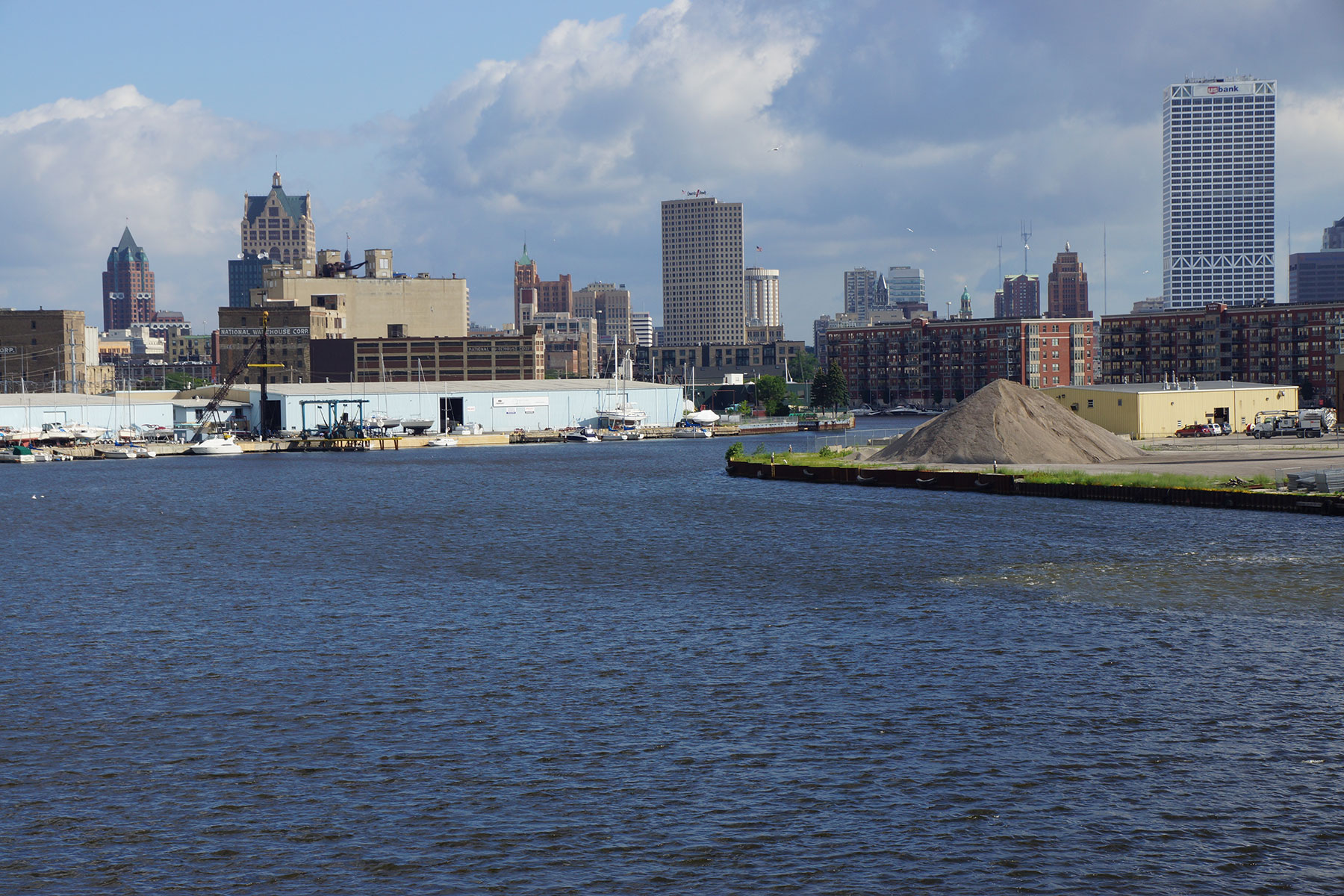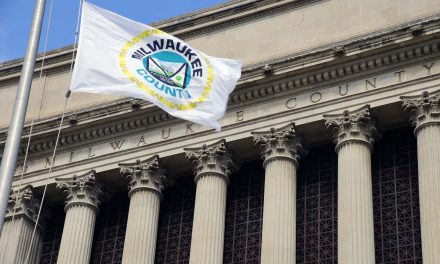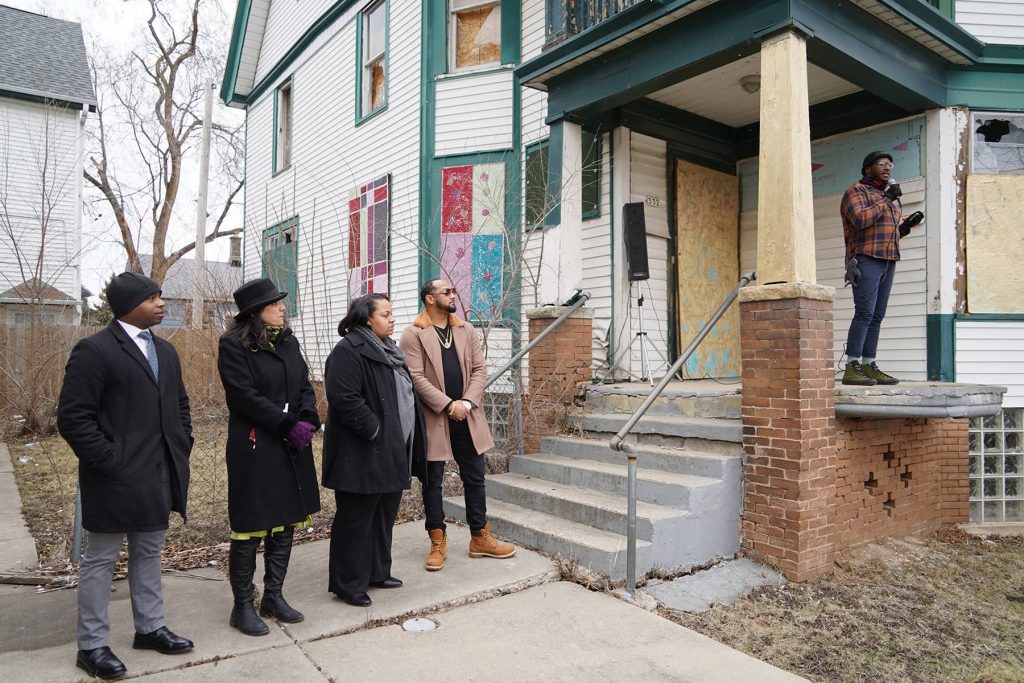
Citizens are overwhelmingly opposed to Wisconsin’s Great Lakes Diversion Proposal, with 99% of more than 11,200 comments indicate opposition or serious concern regarding City of Waukesha’s proposed Great Lakes diversion
In a remarkable demonstration of public interest, more than 11,200 public comments were submitted to the Regional Body and Compact Council on the City of Waukesha, Wisconsin’s application to divert Great Lakes water. More than 99% of those comments explicitly opposed or expressed concern over Waukesha’s request.
Notably, of the 315 Tribes, First Nations, governments, elected leaders, organizations and associations that submitted or signed on to comments regarding Waukesha’s application, 256 explicitly opposed, expressed concern or had unanswered questions about the City of Waukesha’s application. In fact, in six of the eight Great Lakes states and both Canadian provinces, not a single Tribe, First Nation, Government, elected leader, organization or association submitted or signed on to a comment explicitly supporting Waukesha’s application as written.
“Anyone paying attention to the polarized nature of today’s political climate knows this level of agreement across political divides and international boundaries is nothing short of astounding,” says Jodi Habush Sinykin of Midwest Environmental Advocates. “The extent of public concern and outcry shown, speaks to how important this first-of-its-kind regional decision will be seen by citizens throughout the Great Lakes region.”
With the public comment period having closed on March 14, the Great Lakes and St. Lawrence River Basin Regional Body and Great Lakes and St. Lawrence River Basin Compact Council – composed of the eight Great Lakes governors and two Canadian premiers – will meet later this month to reach a decision on the fate of this diversion application. Only the eight Great Lakes governors are allowed to vote, but a significant level of deference will be given to any objection from the Canadian premiers. While states may abstain from voting, their silence is considered a yes vote. Only one no vote is required to deny the application. Or, the application may be approved, or it may be approved with conditions attached.
“The public has definitely spoken on this topic, and we feel strongly those voices need to be heard,” says Jennifer Bolger Breceda of Milwaukee Riverkeeper. “We hope this outpouring signals to the Regional Body and Compact Council that they need to take these many, many concerns into consideration while reviewing this flawed proposal and deny Waukesha’s diversion request.”
For comprehensive information about the Great Lakes Compact and Waukesha’s application to divert water, visit www.protectourgreatlakes.org.













